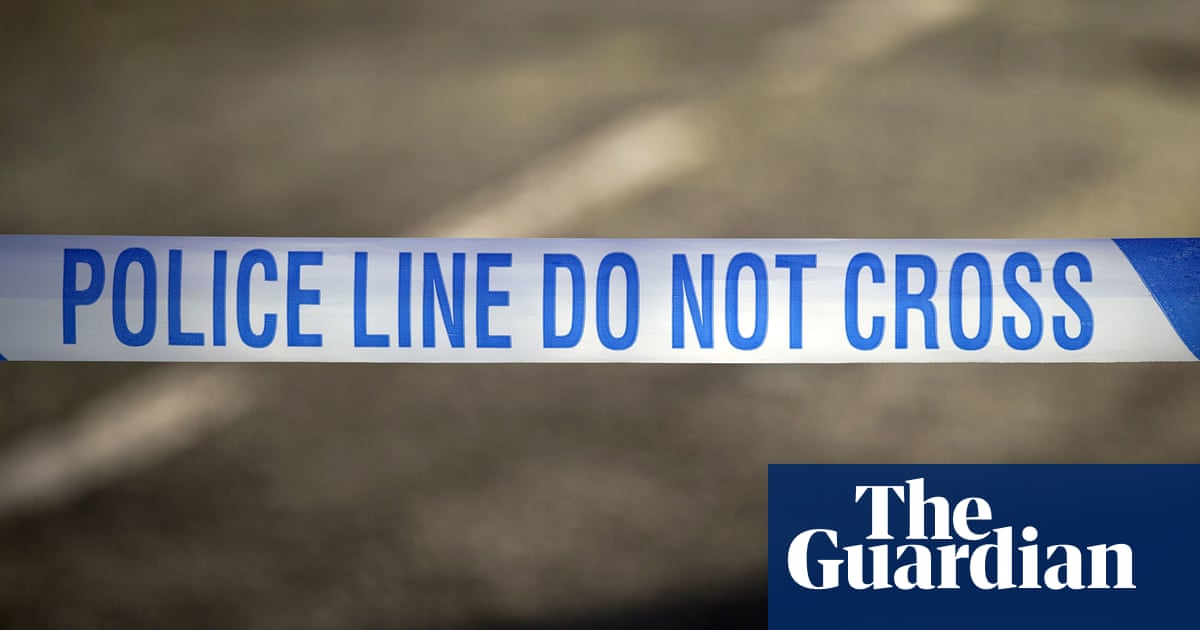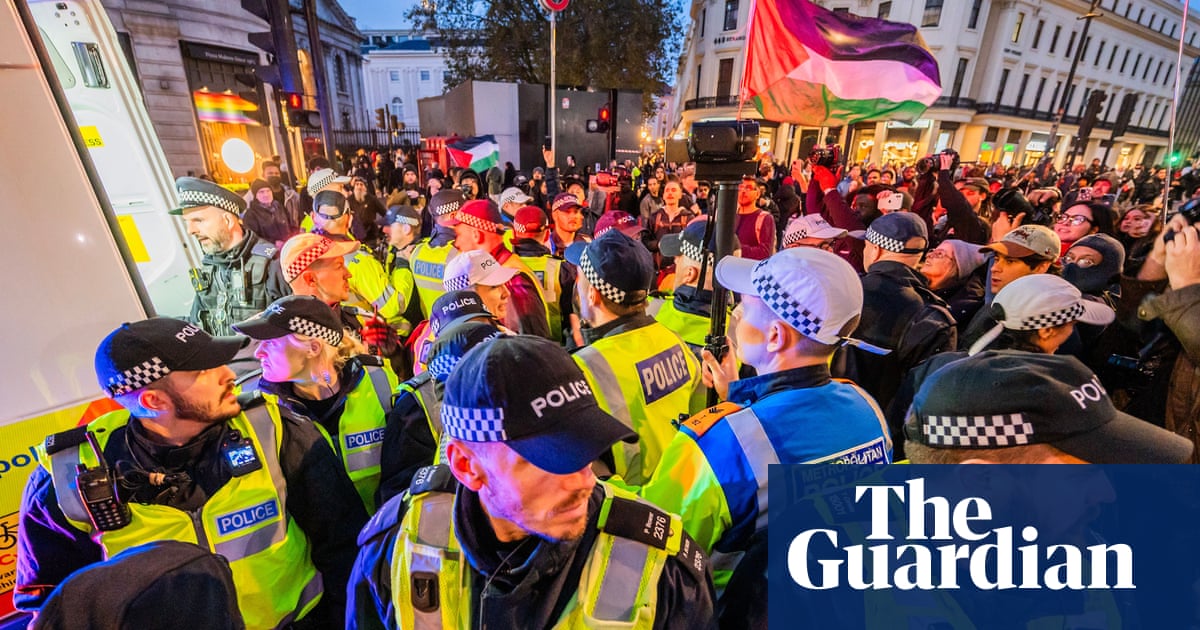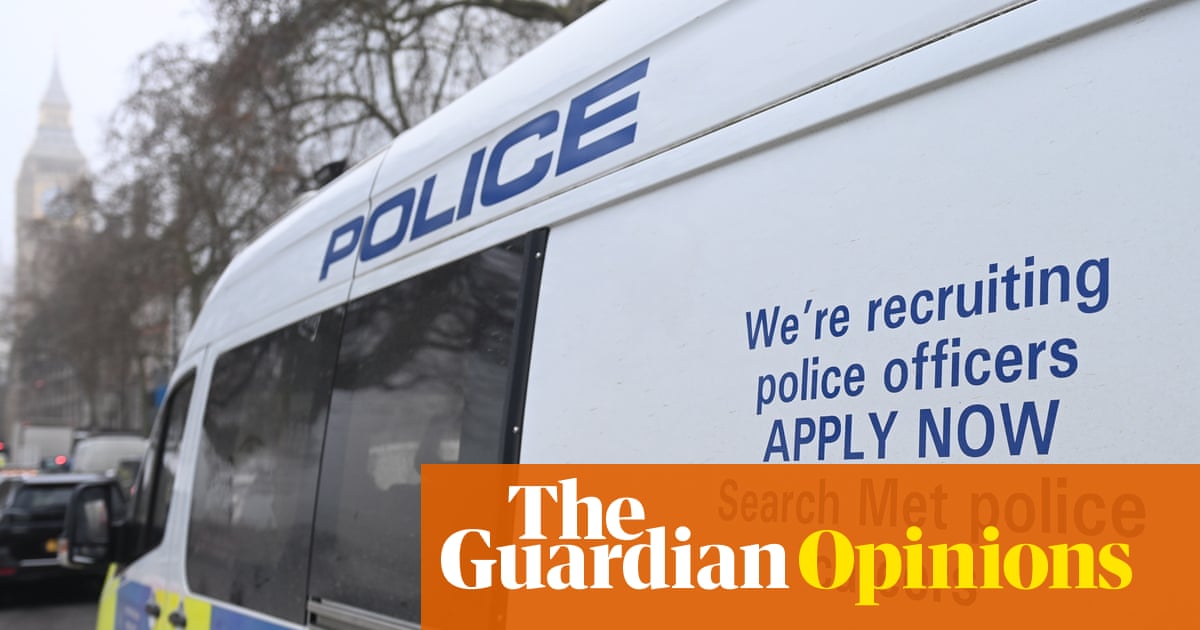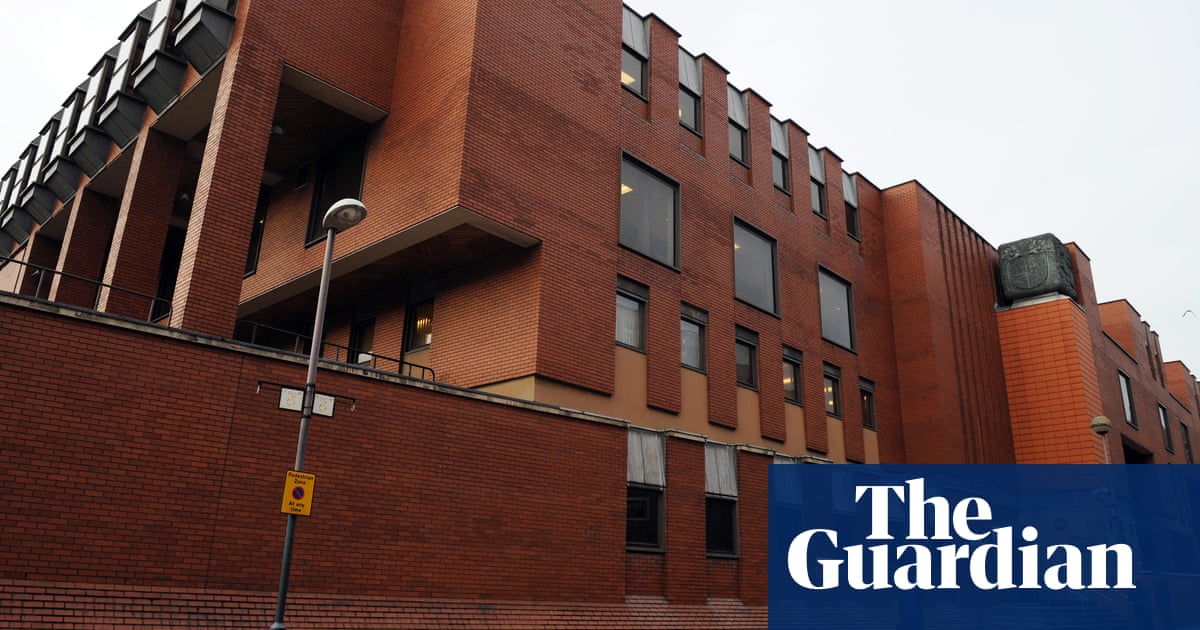
The head of the inquiry into undercover policing has insisted that Scotland Yard reveal whether it is currently deploying spies in political groups.
The surprise intervention from Sir John Mitting came on the second day of public hearings in the inquiry into spying operations that targeted mostly leftwing groups for at least four decades.
The inquiry is examining how the undercover officers spied on more than 1,000 political groups since 1968, often assuming the identities of dead children to bolster their cover, and forming long-term romantic relationships with women in the groups.
The Met has repeatedly sought to paint the scandal as largely historical, and has never been drawn on whether such operations continue.
However during an exchange on Tuesday with the force’s barrister, Peter Skelton, Mitting made clear he expects an answer.
In his opening statement, Skelton accepted that the undercover officers had caused “immense hurt” to the deceived women, and distress to the families whose dead relatives’ identities had been used.
He also admitted the undercover officers had been badly supervised at times, had been wrongly allowed to commit crimes during their deployments, and had unjustly gathered information on people.
However he failed to answer a question from Mitting, the retired judge heading the inquiry, who asked the QC directly if the Met was currently infiltrating political groups or helping the security service MI5 to monitor people it considered to be subversives.
After a break, Skelton replied, saying it had not been his intention in the opening statement to “imply anything about the scope of the Metropolitan police’s present undercover work”.
Mitting replied: “You have not actually answered my questions, and I can readily understand not wishing to do so on the hoof now. But they are questions that in due course I will want to be answered.”
The most recent long-term spy known to have infiltrated protest groups was Mark Kennedy, who had several sexual relationships while spying on environmental activists, including one that lasted six years. That deployment ended in 2010. There is evidence of other deployments as recently as 2013.
Kennedy is among more than 20 undercover officers known to have formed sexual relationships using their fake identities between the mid-1970s and 2010, although the total number is unknown. Some of the men had relationships with more than one woman, and many of the relationships lasted several years. At least three undercover officers had children with women they met while undercover.
However Oliver Sanders, the barrister representing 113 undercover officers who spied on political groups, sought to play down the significance of the relationships his clients formed while undercover.
In his opening statement, Sanders told the inquiry “a significant minority” of officers in the Special Demonstration Squad, one of the key units that monitored political groups, “entered into intimate relationships which went further than casual sexual encounters while deployed and in their cover identities”.
He claimed that of the 74 SDS undercover officers he represented, four had “casual sexual encounters during their deployments and while in their cover identities, two entered into longer-term sexual relationships and 68 of them did not”.
“The casual sexual encounters were ‘one night stands’ with women who were on the periphery of, or unconnected with, the relevant officer’s target groups, they had no deployment-related purpose or significance, and they were of the kind that happens between adult men and women in social settings and in all walks of life.”
He added that the Metropolitan police had made it clear that “such relationships were operationally unnecessary, potentially and often actually harmful and, most importantly, wrong”.
Sanders said the tactic of adopting the identities of dead children, which is believed to have been used between the 1970s and the 1990s, had been “developed and used by other parts of the security, intelligence and law enforcement community”.
Some of the undercover officers “were uncomfortable with the practice, some regarded it as necessary tradecraft, and all proceeded on the basis that there was no alternative and the families of the deceased children in question would never know”.
“Beyond saying this, they would simply emphasise that they took no pleasure from the practice, meant no disrespect or offence by it, and acted with the best intentions and for public interest reasons.”
Sanders said the SDS “operated lawfully, effectively and in the public interest by collecting intelligence which was used by the Metropolitan police to help maintain public order and by MI5 to help counter subversion and protect national security.”
He added that “a significant number of the groups” that were spied on by the SDS “had twin objectives which were essentially totalitarian – furtherance of their own views and the suppression of conflicting views”.












